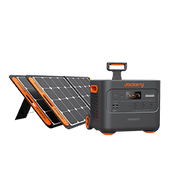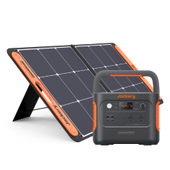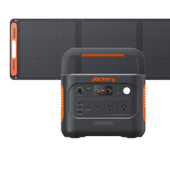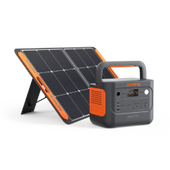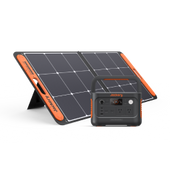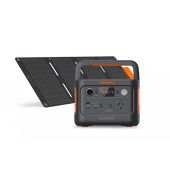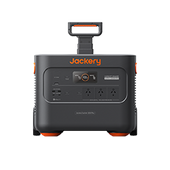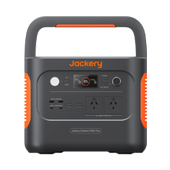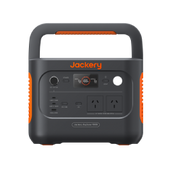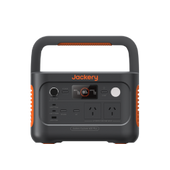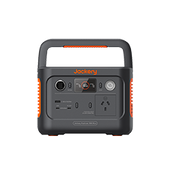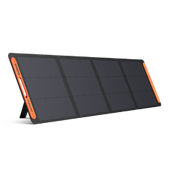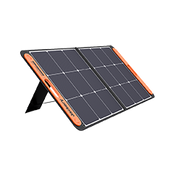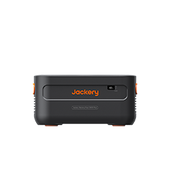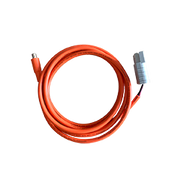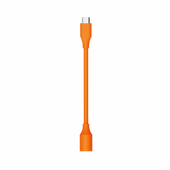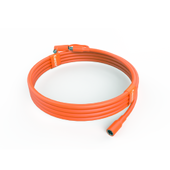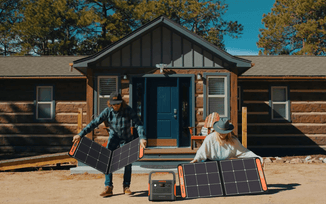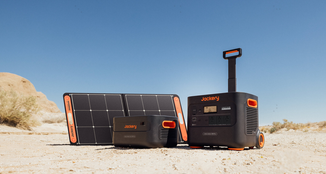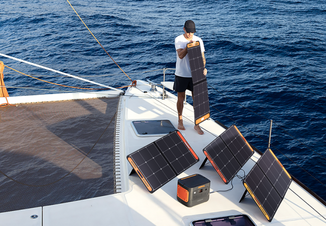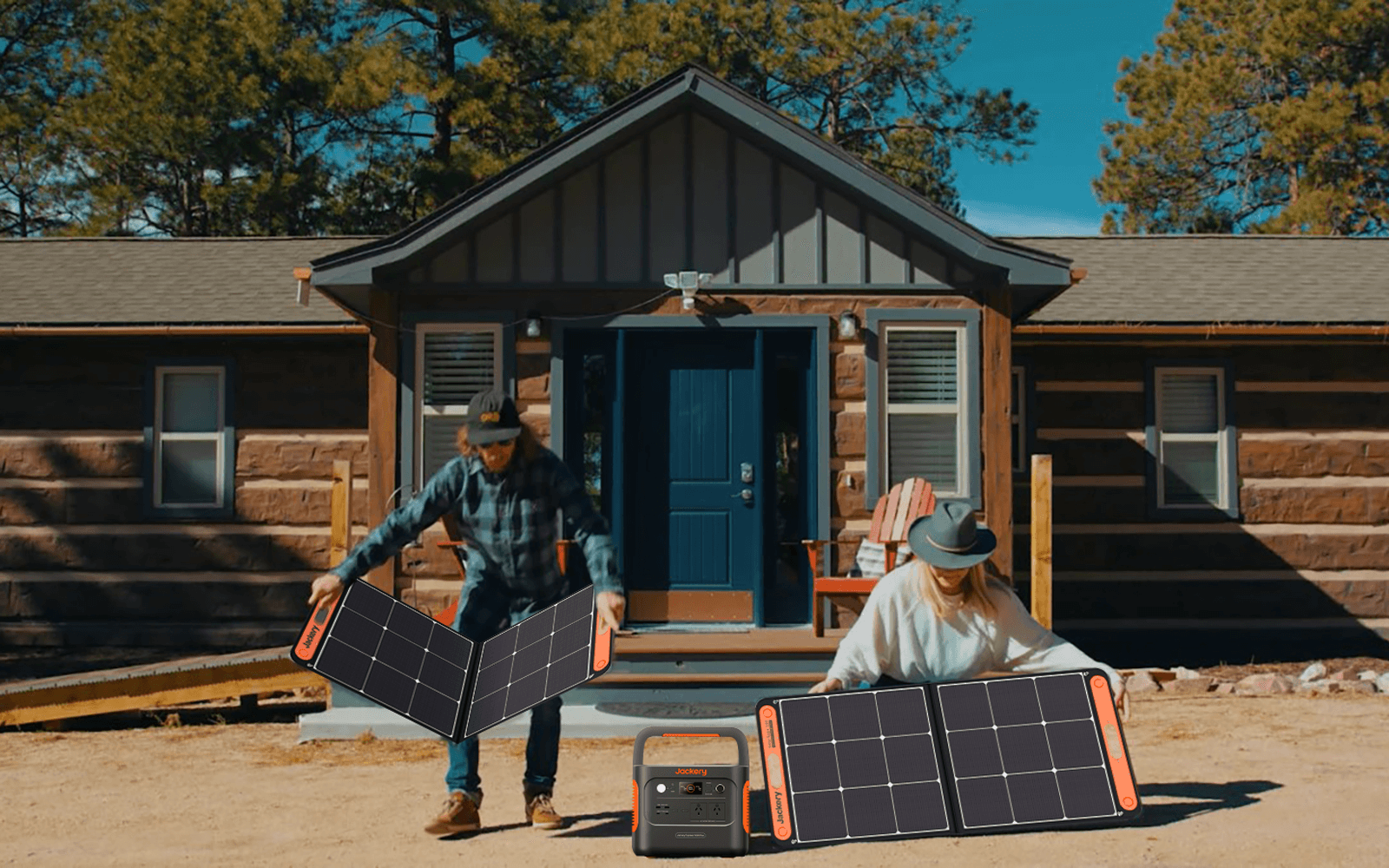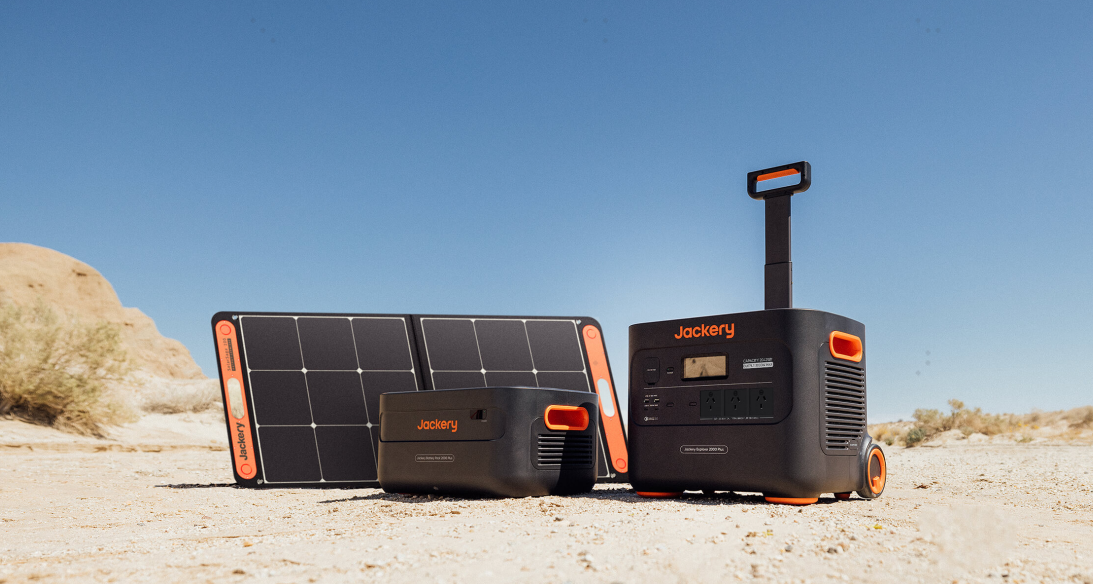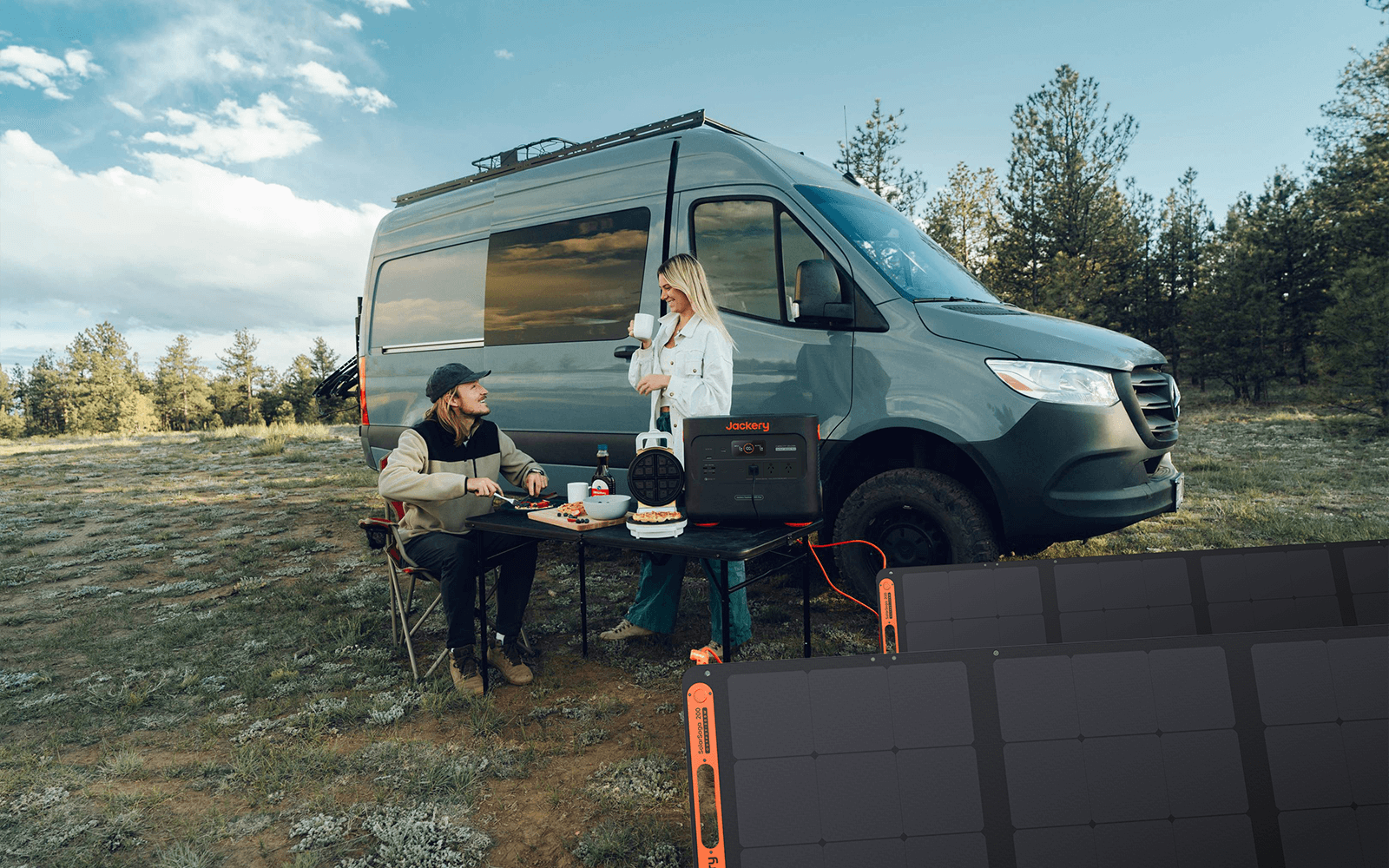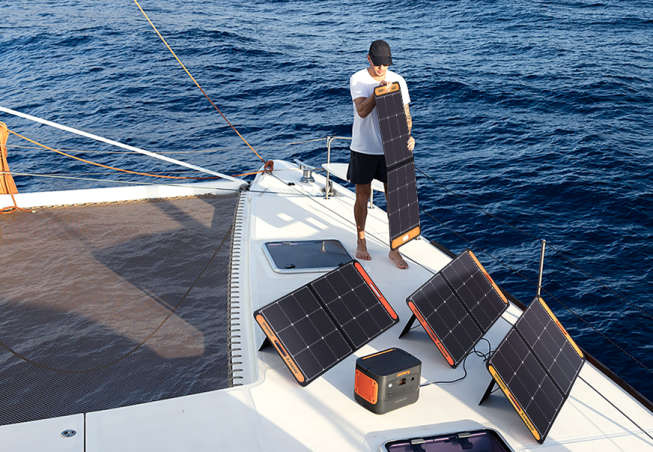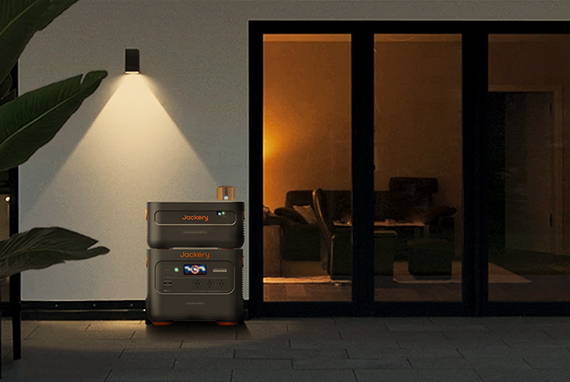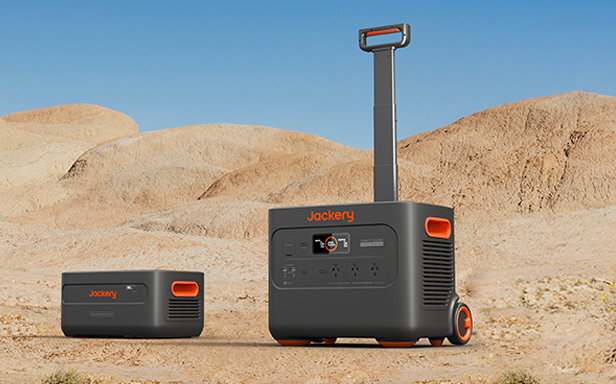Understanding Volcanic Hazards
Volcanic eruptions can release different types of volcanic materials like ashfall, pyroclastic flows, and lahars (also known as debris flows or volcanic mudflows), endangering both humans and the environment.
Impacts of Volcanic Eruptions on Grids
Our society's traditional power lines and other vital infrastructure could be destroyed in a volcanic eruption.
The ash cloud that often accompanies the event can have a crippling effect on power lines and substations. The delicate particulate matter in volcanic ash can cause electrical components to short-circuit, leading to widespread blackouts. Moreover, the corrosive nature of volcanic ash can degrade electrical equipment over time, further compromising the integrity of the power grid.
Pyroclastic and lava flows are among the most destructive phenomena associated with volcanic eruptions. These high-speed flows of hot gas and rock can incinerate or melt electrical infrastructure, such as power lines and roads, in their path. The sheer force and heat of these flows can cause extensive damage, rendering traditional power sources inoperable.
In addition to the immediate damage, the weight of accumulated ash on the roofs of power plants and other buildings can lead to structural failure, causing further disruptions to the power supply. This collapse can result in long-term outages and the need for extensive repairs and cleanup efforts.
Alternative Energy Sources
Recognizing the inherent vulnerability of conventional power grids to the destructive forces of volcanic eruptions, the role of alternative power sources is becoming more and more critical. One significant option is off-grid solar power systems. These systems provide a reliable, autonomous source of energy that can maintain operation when facing grid disruption. By harnessing the abundance of solar energy, off-grid solar power systems provide resilience and continuity, ensuring that communities have access to essential power even in the chaos of a volcanic emergency.
Benefits of Off Grid Solar Power Systems
Off grid solar power systems not only provide remote and volcano-prone areas with an independent energy solution but also increase their resilience to natural disasters.
Independence from Grid Reliance
Off-grid solar power systems offer a distinct advantage in their ability to operate independently of centralized power grids. Unlike traditional grid-tied systems, which rely on a network of power lines and infrastructure, off-grid solar systems generate electricity directly from sunlight using photovoltaic panels. As a result, they are less susceptible to the same disruptions as traditional power lines. This means they can provide a stable supply of electricity even when the grid fails or is interrupted. By harnessing the power of the sun, off grid solar batteries can keep critical services during volcanic eruptions, increasing the self-sufficiency and resilience of these areas in response to emergencies.
Reliability in Remote Areas
For remote areas, especially those prone to volcanic activity, traditional power infrastructure may be lacking or susceptible to damage. Off grid solar power systems offer a reliable alternative through the use of renewable energy. In other words, these systems can provide power continuously as long as the sun is shining. Furthermore, their excellent power storage capabilities also allow them to use stored energy to offer energy out of sunlight. As a result, communities equipped with off-grid solar systems can maintain essential services, power critical equipment, and sustain daily activities, regardless of grid reliability or availability.
Volcanically Resilient Off Grid Solar Power Systems
The unique challenges and potential hazards posed by volcanic eruptions need to be carefully considered when designing off-grid solar power systems for areas prone to volcanic activity.
System Components
The off grid solar power systems that operate independently of the grid rely on three primary components: energy collecting, storage, and transmission.
To put it simply, solar panels are devices that convert the energy from the sun's rays into usable electricity. These panels supply current and voltage to the battery bank. Battery banks, an essential part of storing solar power, guarantee a consistent energy supply when obscured by volcanic ash or power outages.
As a crucial component, an inverter changes the direct current (DC) power coming from the off grid solar batteries to alternating current (AC), which could directly charge most appliances.
Robustness and Durability
The resilience and durability of off-grid solar power systems are critical in areas prone to volcanic eruptions. Harsh environments such as acid rain, intense heat, and volcanic ash pose significant challenges to the longevity of solar infrastructure. Thus, it is essential to ensure that these systems are built with durable materials and protective measures to withstand the demanding environment.
Protective coatings are essential to prevent dust and particulate matter from accumulating on the surface of the solar panels. These coatings not only protect the solar panels but also maintain their efficiency by ensuring optimal sunlight absorption. The ideal battery pack should consist of a robust enclosure with a good seal to ensure that the batteries are prevented from ash contamination, thus extending their life and maintaining their performance in harsh conditions. In addition, choosing a battery with a wide operating temperature range enhances its resilience to the temperature fluctuations often encountered in volcanic areas.
Redundancy and Backup Systems
Redundancy measures must be incorporated into off grid solar power system designs to ensure a continuous power supply, even in the case of power outages caused by volcanic eruptions. Installing backup batteries with more storage capacity ensures power remains available even when solar panels aren't generating enough light or when ash falls heavily.
In addition to solar charging, various charging methods, such as wall charging or car charging, can make you more confident in the off grid solar power system. In the event of a volcanic eruption, these redundancy solutions will guarantee the safety and comfort of users. Adaptable off grid solar power systems that can continue functioning in the face of catastrophic failure are what they're requesting.

Product Recommendation: Jackery Solar Generator 2000 Plus
Whether you're connected to the grid or not, Jackery Solar Generator 2000 Plus can meet all of your modern power demands.
Long-Lasting and Robust Battery
In this set, there is an exceptionally long-lasting and robust LiFePO4 (Lithium Iron Phosphate) battery, measuring 2042.8W. This power station has an impressive 10-year lifespan, which can maintain 70% of their original capacity after 4000 charging cycles, even with heavy use.
Expandable Battery Capacity
Furthermore, the battery modules in Jackery Solar Generator 2000 Plus supports add-on battery packs, expanding capacity from 2 kWh to an exceptional 12 kWh. This feature is handy during home emergencies, such as volcanic eruptions, providing ample power for extended periods.
Versatile Connectivity
Our off-grid solar power system's integrated connectors present a multitude of opportunities. Two USB-C ports, two USB-A ports, 6,000W of surge capacity, a 12V automotive connector, three AC outputs, and more are all at your disposal. It can power almost everything from small portable devices to large household appliances during volcanic eruptions.
Efficient Solar Panel
It is crucial to have reliable off grid power solutions in the event of a volcanic eruption. This off grid solar power system has efficient Jackery SolarSaga Solar 100W Panels. Each conversion efficiency is 25%, which satisfy your energy needs in emergency power circumstances.
Best Practices for Deploying Off Grid Solar Power Systems in Volcanic Zones
Site Selection
When selecting a site for off grid solar power system installation in volcanic zones, prioritize areas with optimal sunlight exposure and minimal obstructions to maximize energy capture.
Consider the area's geological history and potential volcanic risks. Avoid locations near known volcanic vents or areas prone to lava flows and pyroclastic flows.
Evaluate the site's topography to ensure that it is not in low-lying areas where volcanic ash or lahars could accumulate and damage the solar infrastructure.
Regular Maintenance
These off grid solar power systems in areas vulnerable to volcanic eruptions require routine maintenance to operate. Regular cleaning of the solar panels is required to prevent volcanic ash from lowering the system's performance by blocking sunlight.
It is crucial to check the panels and their supporting structures for physical damage after a volcanic eruption. The connections and wiring must be protected from acidic ash to prevent corroding. Properly maintaining your off grid electrical systems could extend their life and ensure their reliable operation regardless of the weather.
Emergency Preparedness Plan
Having a backup plan is indeed crucial in regions vulnerable to volcanic eruptions, where disruptions to traditional power grids are not uncommon.
By incorporating off-grid solar power systems into emergency preparedness plans, communities can enhance their resilience and readiness to cope with the impacts of volcanic eruptions. These systems provide a reliable and sustainable energy solution. Even in tough times, these systems provide continuous power supply to essential services and households by harnessing the abundant energy of the sun.

Conclusion
We, Jackery, understand the importance of a continuous supply of energy for life and infrastructure operations in the face of emergencies such as volcanic eruptions. Don't worry; you can rely on our solar generators to provide you and your family with lasting power support. Visit Jackery's official website to learn more about our reliable technology and choose the right product for your needs. We are committed to providing you with reliable and efficient energy backup solutions that will keep you at ease during emergencies!

